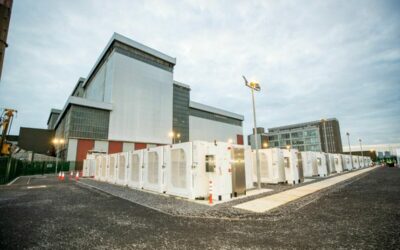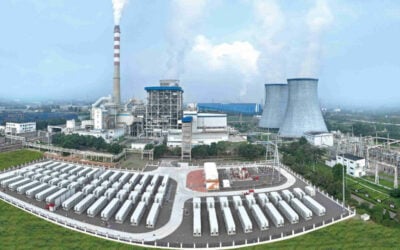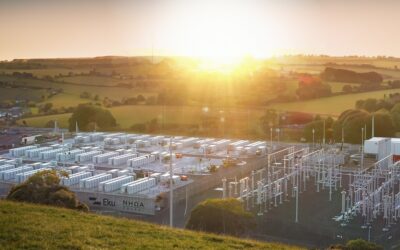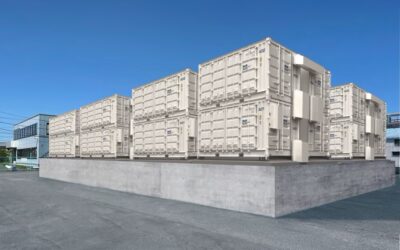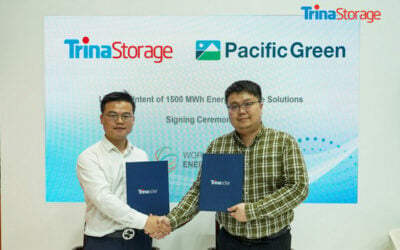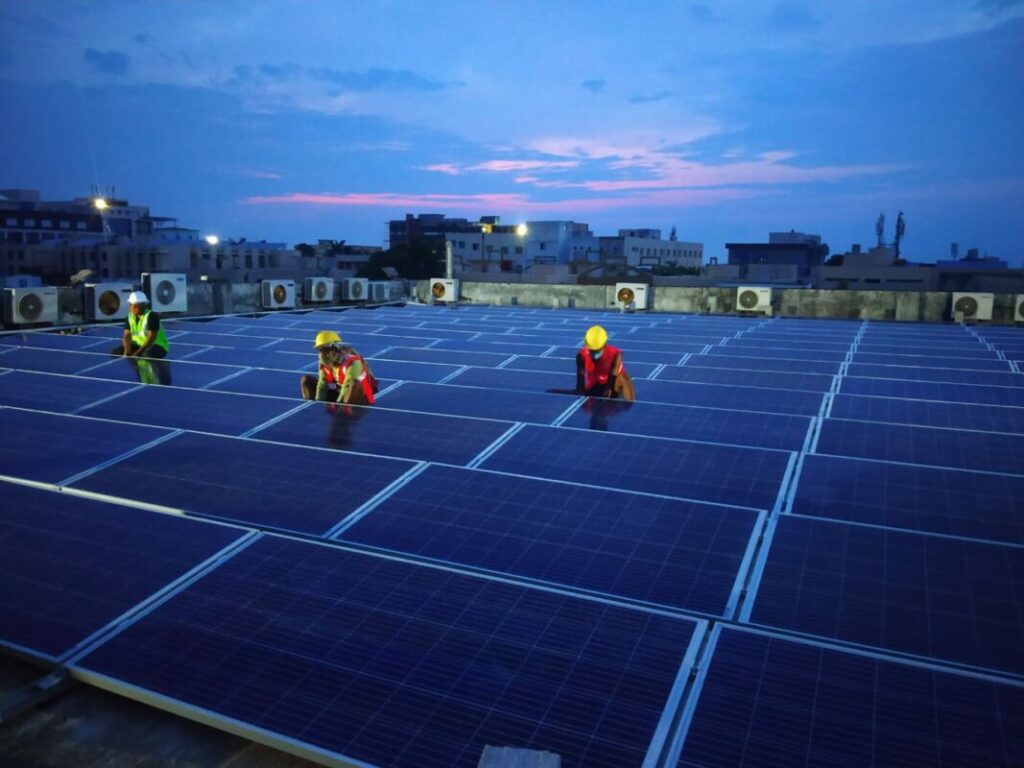
GRIDCO, bulk power company for the Indian state of Odisha, is holding a competitive solicitation for 500MW/2,500MWh of standalone battery storage resources.
The Grid Corporation of Odisha (GRIDCO) tender opened up for applications on 20 March, seeking a “well-established, reputed and experienced bidder” to provide the energy storage capacity. Projects must be able to provide five hours of energy capacity to cover evening peak demand for a five-year period.
Enjoy 12 months of exclusive analysis
- Regular insight and analysis of the industry’s biggest developments
- In-depth interviews with the industry’s leading figures
- Annual digital subscription to the PV Tech Power journal
- Discounts on Solar Media’s portfolio of events, in-person and virtual
Or continue reading this article for free
GRIDCO will conduct a tender-based competitive bidding (TBCB) process, followed by an online reverse auction in May, and then enter into energy storage purchase agreement (ESPA) contracts with successful developers.
Battery energy storage system (BESS) resources must come online by the beginning of April 2026 and will be required to provide their capacity until the end of March 2031. Extensions to those contracts are possible, GRIDCO said.
Bids must be for projects with a minimum 50MW output and 250MWh capacity and no larger than 250MW/1,250MWh per project. Projects already in construction or awaiting commissioning will also be eligible in addition to new-builds, provided they can meet the 5-hour duration requirement.
The state government of Odisha, on India’s eastern coast on the Bay of Bengal, owns the power company. It is responsible for the bulk purchase and transmission of power to Odisha’s four power distribution companies (DISCOMs). It utilises the state transmission system operator (TSO) Odisha Power Transmission Corporation’s grid network.
Aligned with India’s national renewable energy target of 500MW of non-fossil fuel resources on the grid by 2030 – equivalent to around 43% of the electricity mix – GRIDCO is incorporating more and more variable renewable energy (VRE) resources into its portfolio.
Integrating that renewable energy capacity will require flexible resources, and BESS is – along with pumped hydro energy storage – considered the most cost-effective and technically capable resource for doing that.
The Ministry of Power of India has also mandated an Energy Storage Obligation for GRIDCO and other bulk power entities’ portfolios to comprise 4% energy storage by 2029-2030.
Odisha seeks BESS and pumped hydro in complementary roles
A few days prior to the BESS tender’s launch (11 March), GRIDCO opened a solicitation seeking consultants to assist the state in developing pumped hydro energy storage (PHES) resources.
These resources would be on a much larger scale, potentially in the gigawatt-hour range, and would offer longer duration energy storage capabilities than the battery storage systems it is tendering for. A pre-bid meeting was held on 18 March, and the date for last submission of bids is next week on 3 April.
Published last September, India’s National Electricity Plan, based on modelling by the Central Electricity Authority (CEA), estimated a need for about 19GW/128GWh of pumped hydro and 42GW/208GWh of BESS to make up a total of 61GW/336GWh of energy storage deployments by 2029-2030.
Tenders will be an important way to enable that capacity to be procured and deployed, as highlighted by recent analysis from the Institute for Energy Economics and Financial Analysis (IEEFA) and JMK Research. A report produced by the pair described energy storage as the likely “main disrupter” of India’s power sector during this decade.
It noted that by November of last year, more than 8GW of tenders had already been issued by national and state government authorities, 56% of which were for PHES capacity.
Meanwhile, a 4GWh tender process supported by the Union Government through viability gap funding (VGF), seeking to bridge the gap between available merchant revenues and the need for storage, got underway recently with the Solar Energy Corporation of India (SECI) launching its first tranche of solicitations.

